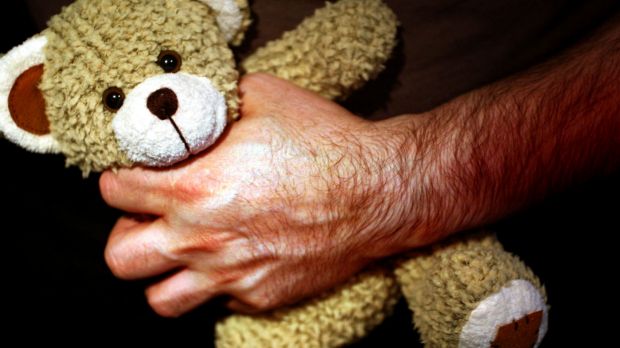
Effective treatment for adult survivors of child trauma and abuse could save Australia billions in healthcare costs resulting from alcohol and depression problems. Photo: Viki Lascaris
Governments of all persuasions have found it politically fraught to cut health and social security spending. Doing so is perceived as an assault on a deep set of values held by Australians, those of a “fair go”.
Often Australians who need extra help, including adult survivors of childhood trauma and abuse, are considered a financial burden, but we must change the way we look at this to achieve a positive result for both survivors as well as for government. We know that with effective treatment survivors can and do recover and that their collective recovery can alleviate future pressure on the budget.
Richer lives lived to the full not only reduce the call on taxpayer-funded health and social services, but boost productivity and strengthen families and communities.
As a society we want our fellow Australians to be supported on their journey to overcome trauma so they can participate fully in our communities, regardless of health and financial constraints.
To achieve a sustainable budget in the medium and long-term we need to tackle the underlying core issues affecting human behaviour and ill health, including the long-lasting effects of childhood trauma and abuse. Research has established that, with the right support, recovery from even extreme early trauma is possible.
Adults Surviving Child Abuse (ASCA), the leading national organisation for the estimated five million adult survivors of childhood trauma including abuse, has worked with economics consultancy Pegasus Economics to provide statistical analysis and prepare a report. The report shows, that as a nation, Australia could save a minimum of $6.8 billion annually by addressing the impacts of unresolved child abuse in adults and a minimum of $9.1 billion annually by addressing the impacts of childhood trauma more broadly.
Under the spotlight are the costs of the significantly higher rates of negative life behaviours and mental health problems such as depression, alcohol abuse, eating disorders, suicide and attempted suicide – all of which are common experiences of childhood trauma survivors.
ASCA has developed a policy proposal for government to help address the budget deficit, reduce health expenditure and improve health outcomes, by effectively healing unresolved trauma.
Not only is the quality of life of survivors and their families hurt by these repercussions of trauma, but so too is the government’s budget position, and substantially so. This occurs through an increased demand on health services and social security support as well as negative impacts on a survivor’s capacity to work and therefore pay tax.
The Commonwealth government’s last issued intergenerational report shows that the major future stress on government expenditures is in health outlays.
As a percentage of GDP, health expenditure is forecast to nearly double from 3.9 per cent in 2015 to 7.1 per cent in 2049-2050. In recent weeks, the government has sought policy suggestions for budget savings within the health portfolio.
A deteriorating debt position and escalating deficit not only constrains Australia’s capacity to respond to economic downturns, but also to meet existing and emerging social obligations.
ASCA proposes a model of active, timely and comprehensive intervention to heal childhood trauma in adults. It includes the provision of accessible affordable specialist services including helplines, online support and resources, a primary care workforce, alert and responsive to trauma, accredited skilled health practitioners and trauma-informed organisations and institutions.
The upfront cost of the initial infrastructure is modest compared to the savings that can be achieved. In fact the greater payoffs over time will deliver significant cost savings to government in the longer term.
Richer lives lived to the full not only reduce the call on taxpayer-funded health and social services, but boost productivity and strengthen families and communities.
To reduce debt and deficit and achieve sustainable finances, rather than cutting services or increasing taxes, health policies need to focus on addressing the core elements which place societal demand on government funded services.
Effective intervention in adults revolutionises outcomes for individuals, families and communities impacted by childhood trauma and abuse. ASCA has evidence-based policy solutions to the health budget challenges and structural budget deficit – exactly what the Abbott government is looking for.
Dr Cathy Kezelman is the president of Adults Surviving Child Abuse (ASCA) and Nick Hossack is the principal of Pegasus Economics
Support is available from the ASCA professional support line on 1300 657 380, 9am- 5pm daily
